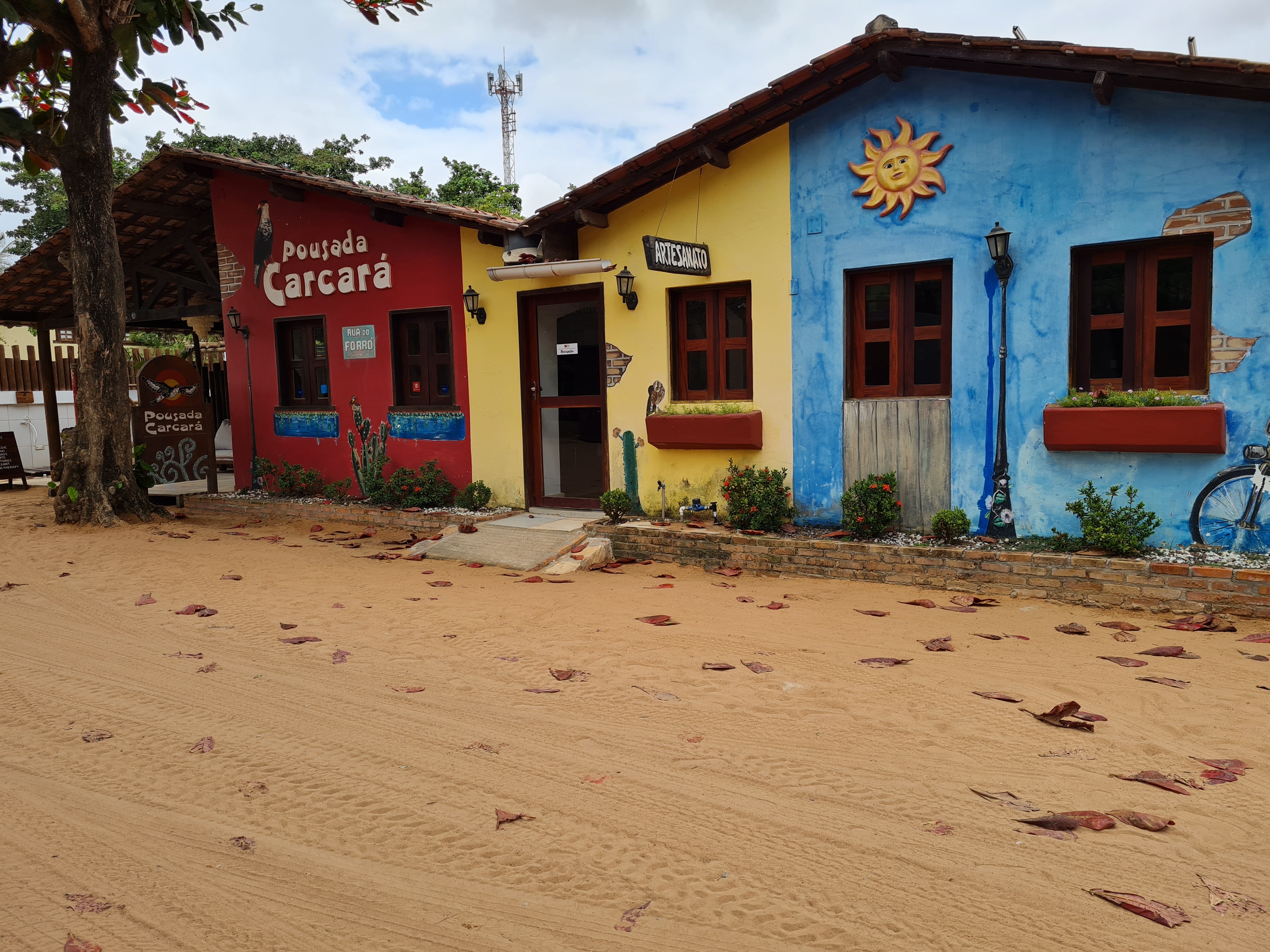TOURISM AND LAND CONFLICTS IN BRAZIL AND MEXICO:
A COMPARATIVE PROPOSAL
Abstract
We compared ethnographic data collected by us in research conducted on the west coast of the coast of Ceará in Brazil, from 2007 to the present, with those collected in the Riviera Maya, Mexico, from 2011. The results of these agree with the international reference literature of the anthropology of tourism on the importance of land ownership in the formation of tourist destinations. They also agree that the effects of tourist expansion have been mostly negative for indigenous peoples and traditional communities that inhabit these areas and do not own the land. However, we question this literature as to the magnitude of these effects in the case of distinct contexts, something it does not contemplate. For the authors, the results indicate that the effects of territorial conflicts depend on local particularities, the legal apparatus of each country and the resilience of indigenous peoples and traditional communities in the face of the interests at stake.
KEYWORDS: Tourism. Traditional peoples and communities. Land ownership. Land conflicts.
Image: Forró Street in the municipality of Jijoca de Jericoacoara. Source: Authors.
Downloads

Downloads
Published
Issue
Section
License
- Autores mantém os direitos autorais e concedem à revista o direito de primeira publicação, com o trabalho simultaneamente licenciado sob a Licença Creative Commons Attribution que permite o compartilhamento do trabalho com reconhecimento da autoria e publicação inicial nesta revista.
- Autores têm autorização para assumir contratos adicionais separadamente, para distribuição não-exclusiva da versão do trabalho publicada nesta revista (ex.: publicar em repositório institucional ou como capítulo de livro), com reconhecimento de autoria e publicação inicial nesta revista.
- Autores têm permissão e são estimulados a publicar e distribuir seu trabalho online (ex.: em repositórios institucionais ou na sua página pessoal) a qualquer ponto antes ou durante o processo editorial, já que isso pode gerar alterações produtivas, bem como aumentar o impacto e a citação do trabalho publicado (Veja O Efeito do Acesso Livre).


